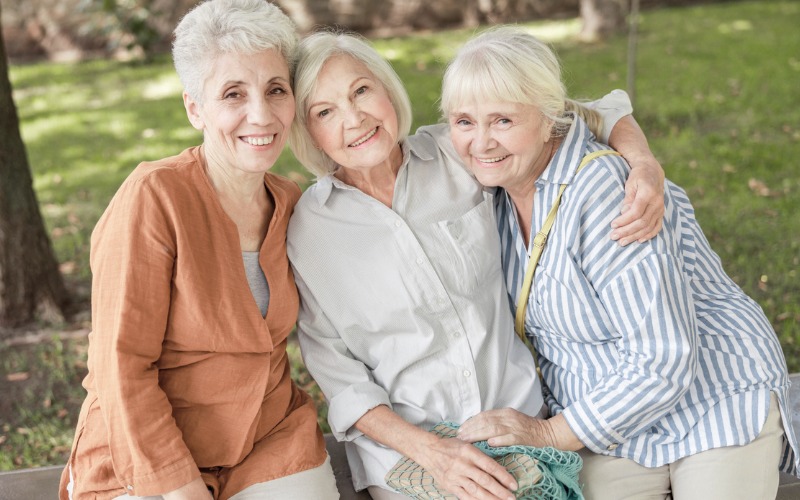It's been below zero where I live in eastern Washington for the past few days, which made cold weather safety top of mind for me this weekend. As much of the United States grapples with extreme winter weather, it's crucial to be prepared and know how to stay safe in bitterly cold conditions. Freezing temperatures, snow, and wind chill can pose serious risks to your health and safety. Make sure you and your loved ones stay safe with our valuable tips to help you protect yourself, your family, and even your pets during these harsh winter conditions.
Staying Safe in Extreme Cold Weather: Tips for Survival
SafeWise experts have years of firsthand experience testing the products we recommend. Learn how we test and review.
Sign up for our free weekly newsletter to get the best safety news, product info, and deals.
By signing up, you agree to our Terms and Conditions and Privacy Policy.

Image: evrim ertik, iStock
Extreme cold safety tips at home
Check furnaces annually: Before winter sets in, ensure your furnace is working efficiently and safely. Regular maintenance can prevent unexpected heating system failures.
Stay informed: Pay attention to local news and weather reports for updates on extreme cold weather conditions. Share this information with friends and family to keep them informed as well.
Charge your devices: Make sure all your cellular phones are fully charged and ready for use in case of power outages or emergencies.
Put together a cold-weather preparedness kit: Create a cold-weather preparedness kit for your family. Include essential items like candles and matches, extra blankets or sleeping bags, extra batteries for flashlights and radios, extra clothing, high-calorie, non-perishable food items, and extra water. Also, assemble first aid kits and ensure you have an adequate supply of any necessary medications.
Check on vulnerable individuals: In extreme cold weather, check on isolated older adults, people with disabilities, or those with hearing loss. They may be unaware of rapidly changing weather conditions and might need assistance when temperatures become unsafe.
Extreme cold safety tips outdoors
Dress appropriately: When venturing outside, wear appropriate outdoor clothing that covers all exposed skin, including your fingers, nose, and ears. Layering is key to retaining heat.
Inform someone: Always let someone know where you're going and when you expect to return, especially if you plan to be outdoors for an extended period.
Be aware of frostbite and hypothermia: Familiarize yourself with the symptoms of frostbite (skin discoloration, numbness) and hypothermia (shivering, confusion). If you or someone you're with shows signs of either condition, seek immediate medical attention.
Avoid metal surfaces: Do not touch metal surfaces with uncovered hands, as flesh can freeze instantly to them.
Protect your pets: If you have pets, bring them indoors during extreme cold weather, and keep their outdoor trips brief. Avoid exposing them to ice-melting agents, which can be harmful to their paws.
Limit alcohol consumption: Avoid alcoholic beverages when outdoors in the cold, as they can cause your body to lose heat more rapidly.
Pet safety tips for extreme cold
Protect your pet's paws: Cold weather can harm your pet's paws. Clean and dry your pet's feet and stomach after walks to remove ice, salt, and chemicals. Use pet-friendly ice melts whenever possible.
Don’t forget about grooming: Avoid excessive bathing of pets during cold spells, as it can remove essential oils and cause dry, flaky skin. Consider using moisturizing shampoos and rinses as recommended by your vet.
Keep your pets warm: Provide a warm and cozy place for your pets to sleep, away from drafts. If it's too cold for you, it's too cold for them.
Recent Articles



